
What game is Putin’s Russia playing? (+pl)
Opublikowano: 24 lutego 2016
(polska wersja – strona 2)
US Secretary of State for president Geore W. Bush Condoleezza Rice penned a doctorate on a very interesting subject: could offense be a means to defend Russia? In the context of the events transpiring in Ukraine and the Middle Eastern crisis, this argument has become all the more valid.
Defense through offense
Strategies we usually refer to as offensive at their core stem from defensive notions, and that is also their deepest goal. It’s not without good reason that the popular saying goes “the best defense is a good offense.” This notion is also well-known by coaches of sport teams, especially soccer coaches: offensive maneuvers are in fact an implementation of a defensive task, as the attack causes the opponent to withdraw to their own goal and their own half of the field, additionally letting the strictly defensive players rest, and only then does it create the chance to score a goal and defeat the opponent.
Why did the Third Reich start World War II four years prior to their initial plans? Everyone took Hitler’s expansion as an expression of courage and offensive maneuvers, but the truth was quite different: The Germans were defending themselves against an inevitable defeat, hoping to avoid an economic catastrophe.
In 1938, president of Reichsbank and minister for the economy of the 3rd Reich, Hjalmar Schacht, came up to Hitler and said something like this: “My Fuhrer, the budget is gone. We have no money, we are in huge debt. We are facing the possibility of a great economic crisis. We have to think of something.
These were the circumstances that surrounded World War II. Germany’s aggression and expansion was in truth only a cover for their weakness.
The twilight years of an empire
It may be hard to believe, but for the past 100 years we have been watching how the Russian moloch is squirming. World War I ended with a total defeat for Russia. Communism was born on the remains of tsar politics, leading to the inception of the Soviet Union. The new empire was meant to quickly expand its borders, while the soviet ideology was carried to the workers of Madrid and Lisbon on bayonets. No such thing happened, however: the first attempt at expansion to the west ended in 1920 on the Vistula with the battle of Warsaw, where the Red Army took a devastating defeat.
In the 1920s and 1930s the Russians were mobilizing, modernizing their militia. Mikhail Tukhachevsky, an exceptional war strategist, organized impressive military maneuvers. They were preparing for war – for another march on the West. Unfortunately, the Germans made their move first. The operation codenamed “Barbarossa”, which was the attack on Russia by the 3rd Reich, was in truth a proactive measure.
Taking their aims, plans, and intension, the Russians still lost World War II despite reaching Berlin. They wanted to reach Lisbon, engulfing the entire Western Europe, but they failed. They were stopped by the Allies who had formed another front. The expulsion of Germans from their own territory and the following offensive on Berlin cost the Soviet Union 27 million people and great damages to their infrastructure and economy.
The final spectacular disaster for Russia was the dissolution of the Soviet Union after 45 years of functioning in a cold war – a state where the world was divided into two antagonistic camps, and their rivalry with the US over world domination.
War, fool!
Russia’s aggression towards Ukraine and its actions on the Middle East in the so called Syrian conflict, stem from a desire to salvage a falling power. Russia is simply collapsing on itself. Paradoxically, it can only be saved by war or other actions involving weaponized conflict.
The characteristics that once strengthened Russia’s position – their demographic, resource, territorial, military and nuclear potential is all running out. Basically, two final arguments remain, plus an effective, aggressive diplomacy and connected special services.
The demographic potential is drastically shrinking. At the beginning of the 20th century, Russia was 150 million citizens strong. With a global population of 1.5 billion, it takes basic math to determine that they comprised 10% of the entire world. It was a very strong argument back then. Currently, Russia has a population of only about 140 million, while the global population has increased to 7 billion. Russians currently comprise a measly 2% of the world’s population.
The resource policy is ending. Russia is supplying the EU (according to data from 2014) with 146.6 billion cubic meters of gas. Many countries, such as Poland, have become reliant on Russian energy, but basing an economy on resources does not work in the long run. It has one weak point: it ensures quick and easy money, but creates no innovation and leaves no room for the modernization of economic structures.
Russia’s economy is undeveloped. It can only develop under war conditions, when raw materials are used as resources, while the weight and needs of militant activities require innovation.
Back to… the past
This is why Vladimir Putin is aiming for a war – even if not a real, hot war, then to a recreation of the cold war understanding – one between two rival powers. This is what Russia’s new geopolitical strategy is based on. Another arms race would give the Russian economy the innovative push it needs. It would create jobs and turn people’s attention away from current socio-economic problems. People are prepared to take on greater social and economic challenges, in the conditions of geopolitical tensions, when commune (identity-based) logic takes center stage and there is a growing need to make sacrifices for your country.
Russia’s outside offense, directed towards Europe and the world, is in fact rooted in internal factors. Putin needs a different agenda than makeshift solutions. He must seek other aims and motives to earn him the trust of the Russians, unlike those strategies that are only meant to preserve existence.
The king is in fact naked, but Putin is skillfully turning the people’s attention away from that.
But another aspect is also important: in the era of postpolitics, as defined by Japanese-American, Francis Fukuyama, the only unquestioned superpower on Earth is the United States. USA’s domination was undisputed. However, during the first decade of the 21st century, the bipolar arrangement came back to life, but this time the adversary wasn’t Russia – it was China. Moscow has been shoved into the background, away from the podium.
If the world’s pace of civilization’s evolution happened at an economical level, this process would be determined by the rivalry between the US and China. China has began to use the potential of pacific politics, becoming a true hegemony of Asia. Economical forecasts have estimated that China will outrun the US by 2030.
The fight for second place
The Russians have made a smart move in changing their focus from economical to military. The new political strategy expressed with military offensive, exemplified by the Ukraine conflict and involvement in the Middle East, Syria – this revitalizes the cold war, recreating the arms race, rebuilding the bipolar order.
Thanks to which Russia has reentered the game. It has come back to take at least the number 2 spot of geopolitical relations, and has pushed China with their looming crisis, to the sidelines, while weakening the US’s influence on the European continent.
Currently, countries such as France and Germany view Russia as an attractive partner, a potential key to the liberation of the EU from American dominance. European policy has left the traditional Euro-atlantic course and at times seems more anti-American than anti-Russian.
Just as the Russians intended. They wanted conflict between the two institutions: The European Union and NATO.
Roman Mańka
The author is a columnist and writer, author of popular science books on sociology and political science. He has described organized crime actions performed by the mafia in local media. He has also written for nation-wide media. Former deputy editor-in-chief of “Gazeta Finansowa” and head of the national section of this periodical. His materials have been published on Onet.pl, Interia.pl, Inwestycje.pl, as well as magazines such as Forbes.pl, Home&Market, and Gentleman.
He currently deals with analyses in the fields of philosophy, sociology, sociology of knowledge, sociology of politics, political science, and geopolitics. He is editor-in-chief of expert periodicals published by the FIBRE Foundation.
Tagi: politics

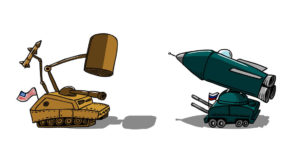
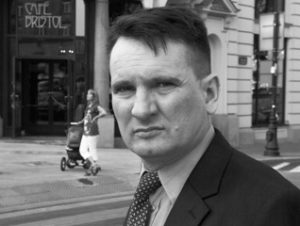
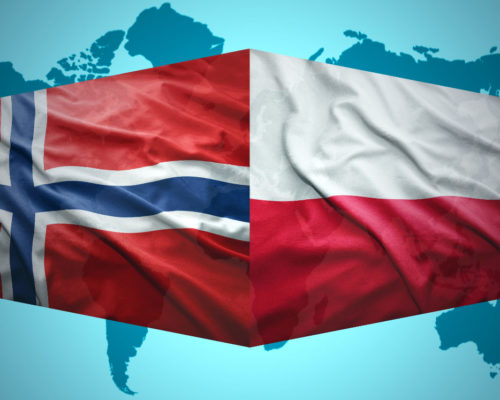
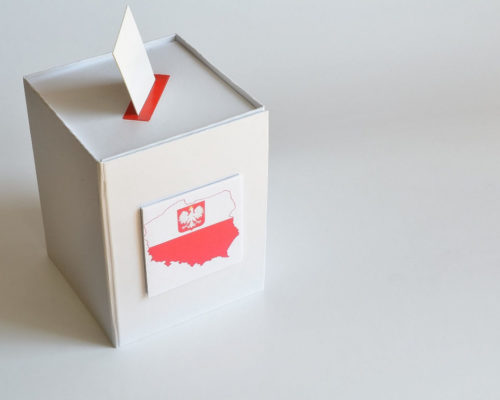
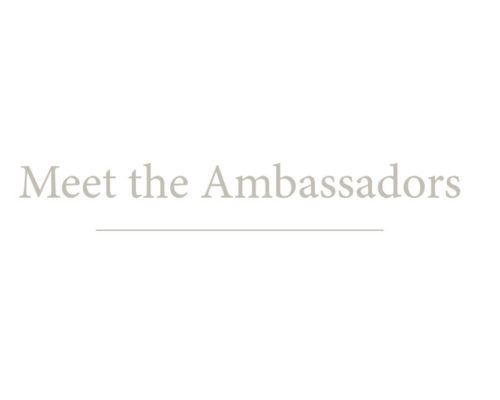
Dodaj komentarz